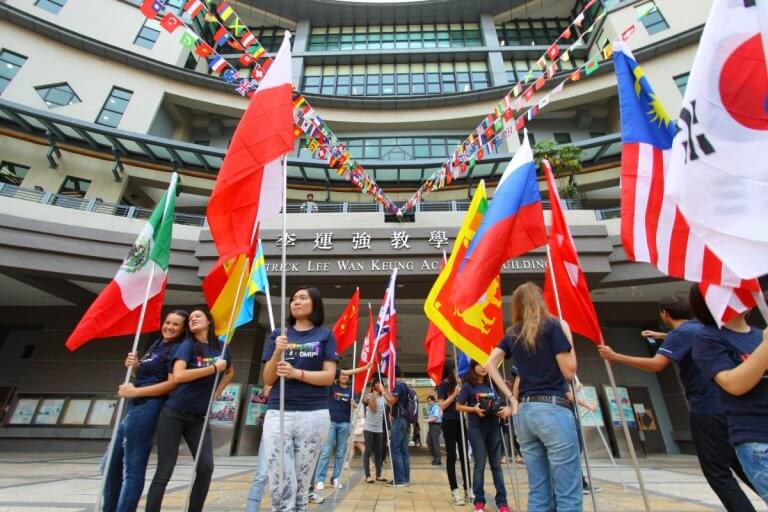
In every university, there’s an office dedicated to international students – usually named ‘International Student Services’ (ISS) or some variant of this.
As more and more countries depend on the higher fees students from developing economies fork out for higher education, such offices are likely to be the norm rather than the exception within campus grounds.
But unless you spend a considerable amount of time there or research it online, it can be unclear exactly what ‘international student services’ are and what they do.
In essence, these offices serve as a place to assist international students in the core issues particular to their status; a valuable resource you really should make more use of.
1. Orientation

International students are usually given an extra orientation session, conducted by the ISS. Source: Shutterstock
While all first-year or fresh entries participate in orientation, those aimed at international students are slightly more in-depth. They usually include detailed explanations on how systems in their new host country works, including things like banking and transport, to name just a few.
Some universities also organise trips to the nearby town or city so you can get a feel for your surroundings. Others may use a buddy system, in which domestic students help foreigners settle into their new city and campus.
2. Immigration
The study visa is usually the main document legalising an international student’s presence in their host country. In the US, undergraduates mostly use the F-1 visa, while the UK has what’s known as the Tier 4 visa. Navigating a country’s immigration policies can be tricky and one could end up lost in the sea of policy and legal terms.
This is where the ISS steps in. Staff and advisers are well-versed in this issue and would probably have received training on how to infom and help international students on this matter.
3. Living experience

Counselors can help with academic and personal concerns. Source: Shutterstock
Moving to a foreign country can be a tough transition. In addition to learning the physical aspects of your new location, your mind also needs to adjust. While some may do this better than others, the ISS is where those who have troubles can meet and find someone who can help with any academic, cultural, social and personal concern.
Speaking to US News, Rick Lane, Director of International Student Services at the University of Illinois—Springfield said:
“They feel comfortable discussing those with us, both because of the broad range of international living experience represented by our advisers, and because we have established a valued relationship with them since before they arrived in the US.”
4. Employment opportunities
An international education doesn’t end with receiving a degree. Many international students want to remain in their host country to look for jobs. Given the complex maze around work visas or internship opportunities, this job hunting process can be challenging.
Many ISS facilities hold information sessions on this particular topic or have advisers on hand to help you out.
Liked this? Then you’ll love…
International students from China need extra support, say experts
Psychotherapist, counsellor talks mental health support for international students







